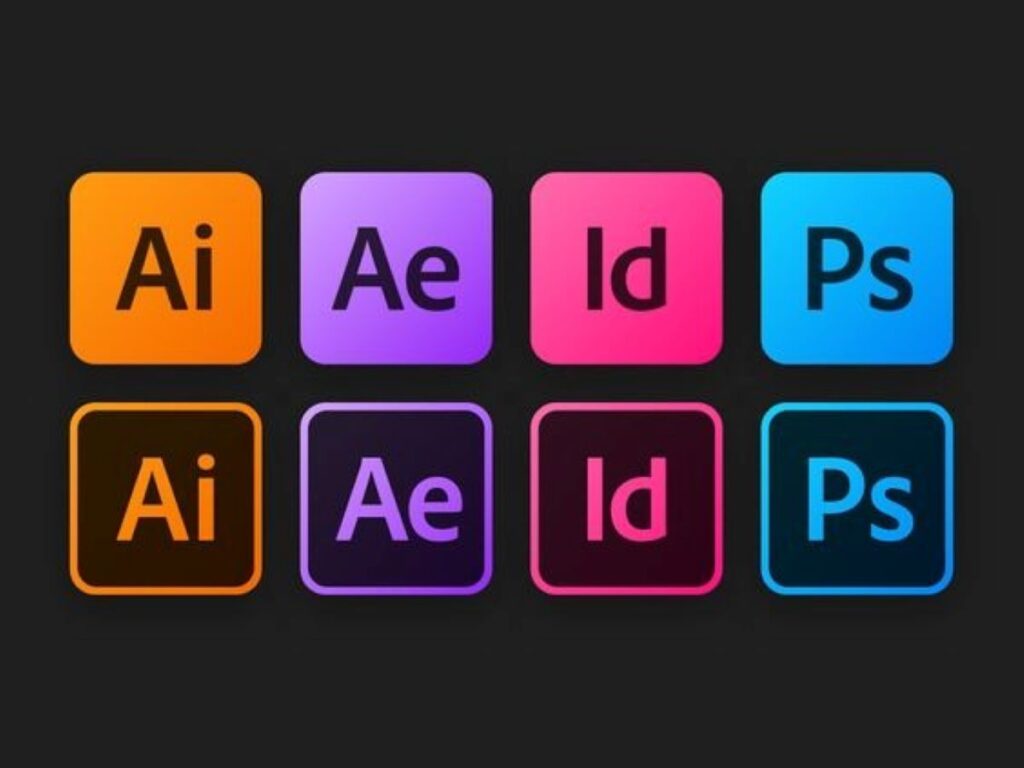
One of the things people are spending money on these days is subscription services, and Adobe owns some of the apps that attract many users despite the fees. People who need the services their apps offer often end up subscribing.
However, according to the US government, the company has been forcing customers into long-term subscription plans and concealing fees from them. The Federal Trade Commission (FTC) has filed a lawsuit that alleges this action can cost users hundreds of dollars.
Details of the Lawsuit

The filing of the lawsuit was revealed on Monday via a press release written by the FTC. According to the statement, the FTC is going after Adobe and two of its executives, Maninder Sawhney and David Wadhwani. It is accused of manipulating users by hiding the early termination fee for its most popular subscription plan, which makes it harder for people to cancel their subscriptions.
More Details About the Lawsuit

According to Samuel Levine, Director of the FTC’s Bureau of Consumer Protection, Adobe has been using hidden termination fees, among other methods, to coerce customers into maintaining long-term subscriptions. Levine talked about how companies are fond of this playbook calling it an “illegal” business practice that the FTC now hopes to end.
ALSO READ: MIT Faces Lawsuit for Excluding White Students in Women of Color Scheme
Adobe’s Subscription Model

The software developer made some changes to its business plan in 2012, after which it adopted the current subscription model. The model forces customers to repeatedly pay a recurring fee to enjoy its popular software, and the revenue generated now makes up a large percentage of the company’s profits.
The Annual Paid Monthly Plan

In the lawsuit, the FTC highlighted Adobe’s “annual paid monthly” subscription plan. It is pre-selected by default and contains a well-hidden early termination fee. It will require the user trying to get out of the subscription to pay 50 percent of the remaining monthly payments. The “annual paid monthly” subscription allows a user to pay a larger sum over a year at a discount. The other two subscription options the company offers include the “Monthly” and “Annual Prepaid.”
Illegal Business Practices

Adobe has also been accused of manipulating customers into an “enrollment flow.” It does this by automatically converting those who choose the annual paid monthly plan during the free trial to paid subscribers if they don’t cancel the subscription before the free trial phase ends. Those who don’t opt-in for a free trial but instead go with the “buy now” APM subscription are also subject to the same enrollment flow. The only difference is that they did not enjoy a free trial.
A Stern Warning

Lina Khan, the chair of the Federal Trade Commission, took to X on Monday to discuss the lawsuit and issue a warning. According to Khan, the two senior executives mentioned in the documents played a big part in Adobe’s illegal business affairs. Khan also wrote that the FTC will hold individual executives accountable for any illegality.
How Adobe Responded

The software company is refuting the FTC’s claims and has stated that it will meet them in court to defend its stand. It is confident that the complaints will be laid to rest as there is transparency in the terms and conditions they give users and a simple cancellation process.
POLL — Is Artificial Intelligence a Net Positive or Negative for Mankind?
Virtues of the Subscription Model

Dana Rao, Adobe’s general counsel and chief trust officer, believes the company’s subscription model is the best option for users because it is convenient, flexible, and easy on the pocket. Rao looks forward to the court case and is confident the FTC’s claims will amount to nothing.
FTC Seeks To Protect Users

Last year, the FTC proposed some rule changes to address the problem of companies “trapping” customers. The proposal would ensure that users can discontinue subscriptions as easily as they opt in. It would not only protect people by saving them time and money but also give them the right to sanction businesses that use such tactics to trap their customers.
What the FTC Is Advocating

The FTC wants a “Click to Cancel” model to become the standard where recurring subscriptions and memberships are concerned. This model would allow customers to easily leave a program or subscription as quickly as it was to join it.
McDonald’s Announces Plans To Win Back Low-Income Customers Who Left Over New Prices
A Civil Trial

The FTC lawsuit was filed in conjunction with the Civil Division of the U.S. Department of Justice, and it demands a jury trial in the United States District Court of the Northern District of California. If it succeeds, the court will impose civil penalties on Adobe along with any monetary awards that the Court deems fit.
You Might Also Like:
Hillary Clinton’s D-Day Comments Sparks Outrage
“Big Bang Theory” Fans Congratulate Kaley Cuoco for Career Milestone
Kentucky Farmer Discovers Coins Worth Millions in a Field
Stephen King Blasts Trump on X, Outraging His Supporters
California Moves to Ban Reusable Grocery Bags

